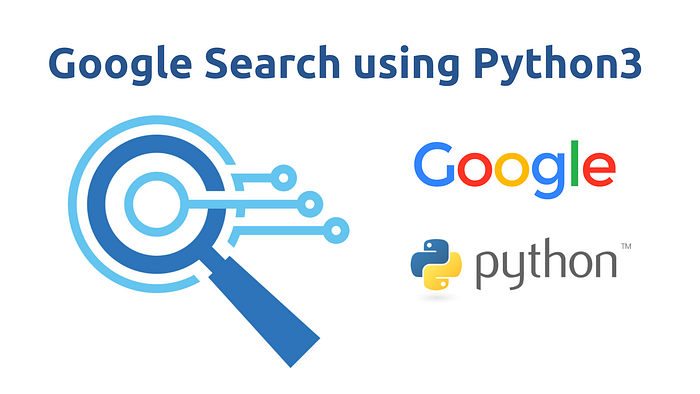Unleashing the Power of Google Search API with Python: A Comprehensive Guide
 Sameer Anthony
Sameer Anthony
INTRODUCTION:
In today's digital age, information is abundant, but finding the right data swiftly can be like finding a needle in a haystack. However, thanks to advancements in technology, accessing vast repositories of data has become more streamlined and efficient. GS API, coupled with Python, offers a robust solution for developers and data enthusiasts alike to harness the power of Google's search capabilities programmatically.
Understanding Google Search API
This API allows developers to interact with Google's search engine programmatically, fetching search results, performing advanced queries, and retrieving relevant data from Google's vast index. It opens up a world of possibilities for building custom search engines, extracting insights from search results, monitoring web presence, and much more.
Why Python?
Python, known for its simplicity, versatility, and vast ecosystem of libraries, is an ideal choice for working with GS API. Its readability and ease of use make it accessible to beginners while offering powerful features for seasoned developers. Leveraging Python, developers can seamlessly integrate GS API into their applications and workflows.
Getting Started with Google Search API in Python
To kickstart your journey with Google Search API Python, you'll need to install the google-search library using pip:

Once installed, you can begin utilizing the API to perform searches and retrieve results programmatically.
Performing a Basic Search
Let's dive into a simple example of performing a Google search using Python:

In this code snippet, we're performing a search for "Python programming" and retrieving the top 5 search results. Adjust the parameters num and stop as needed to customize the number of results fetched.
Advanced Search Queries
Google Search API supports advanced search queries, allowing you to narrow down results based on specific criteria. For instance, you can search within a specific website, exclude certain terms, or filter results by date. Here's an example:

This query instructs Google to search for "python" within the website example.com while excluding results containing the term "snake."
Leveraging Search Results
Beyond fetching search results, you can extract valuable information from them using Python's libraries such as Beautiful Soup for web scraping or natural language processing tools for text analysis. This enables you to derive insights, perform sentiment analysis, or extract data for further processing.
SEO Friendly Practices
When integrating GS API into your applications, it's essential to adhere to SEO best practices to ensure optimal visibility and ranking. Here are some tips to keep in mind:
Relevant Content: Ensure that your content is relevant, valuable, and aligned with user intent.
Optimized Metadata: Utilize descriptive titles, meta descriptions, and structured data to enhance search engine visibility.
Mobile-Friendly Design: Design your applications to be responsive and accessible across devices, catering to the growing mobile audience.
Site Speed Optimization: Optimize loading times to improve user experience and search engine rankings.
Quality Backlinks: Foster a robust backlink profile by obtaining high-quality, relevant inbound links from authoritative sources.
By adhering to these SEO principles, you can enhance the discoverability and accessibility of your applications powered by GS API.
Conclusion
In conclusion, GS API combined with Python empowers developers to unlock the vast potential of Google's search capabilities within their applications. Whether you're building custom search engines, extracting insights from search results, or monitoring web presence, This API offers a powerful toolkit to streamline your workflows. By following SEO best practices, you can ensure that your applications are not only functional but also optimized for maximum visibility and impact in the digital landscape. So, dive into the world of Google Search API with Python and unleash the power of information at your fingertips.
Subscribe to my newsletter
Read articles from Sameer Anthony directly inside your inbox. Subscribe to the newsletter, and don't miss out.
Written by
